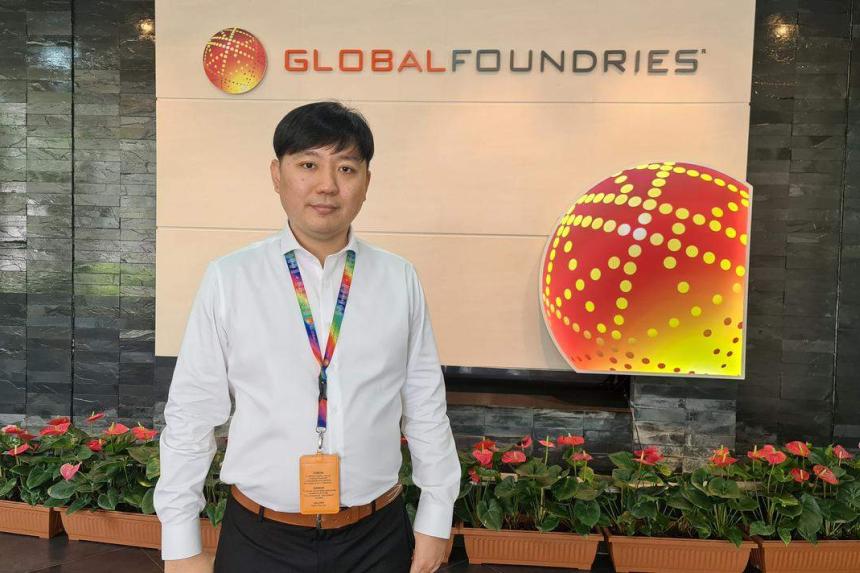SINGAPORE - Knowing that his younger colleagues were eager to learn new skills that could transform their jobs, Mr Tan Ting Wei went with two of them to a data visualisation course from May to July that taught them how to create a data dashboard.
The dashboard automatically updates the data used by Fire Armour, a fire fighting equipment company, such as sales performances and inventory. The same data would require five days to collate if processed manually.
“Youngsters nowadays don’t want to do boring jobs, they don’t like static job scopes. If you don’t upskill your workforce and give them a reason to gain new skills, they will leave,” said Mr Tan, who is the transformation lead at Fire Armour, which employs about 40 people.
The course came under Singapore Polytechnic’s Company and Workforce Transformation programme, which is part of the polytechnic’s ongoing efforts to support small and mid-sized enterprises (SMEs) to flourish in the digital age. Companies get guidance on how to restructure themselves in areas such as process redesign, data intelligence, digital transformation and human capital management.
In line with its mission to support businesses, Singapore Polytechnic (SP) signed three memoranda of understanding (MOUs) at the Industrial Transformation Asia-Pacific (Itap) 2022 event on Tuesday to help more SMEs gain the knowledge and skills to digitalise their businesses and improve operations efficiency.
The three-day Itap, which ends on Thursday, will see more than 18,000 attendees from over 70 countries. The event’s exhibition will host some 190 exhibitors from over 20 countries, showcasing companies from sectors such as manufacturing and precision engineering.
Earlier in the year, the Ministry of Trade and Industry launched the Manufacturing 2030 (M2030) Careers Initiative to help manufacturing companies develop attractive career options for Singaporeans.
One employee that has benefitted from similar retraining programmes is Mr Jacob Ong, 37, a senior engineer at chipmaker GlobalFoundries.
Previously a teacher for five years, Mr Ong switched to engineering in 2019 through his company’s Professional Conversion Programme, under Workforce Singapore, for electronic engineers, where he gained new skills in radio frequency testing and instrumentation through classroom and online learning, and on-the-job training.
Mr Ong said: “I have an engineering degree and had prior five-year experience as a senior associate engineer. I realised that semiconductors will only continue to become a bigger part of an average person’s life, with computers and technology becoming increasingly accessible and integrated in familiar products such as our mobile phones, personal computers and even cars. All these factors pushed me to make the career switch.”
Taking the plunge to learn new skills lets workers see greater potential in themselves to adapt and learn, which can lead to good opportunities they would not have been able to grasp without those skills, said Mr Ong.
Mr Jeremy Tay, 40, also switched from the IT industry to financial planning and analysis with the support of a Master of Finance programme at Singapore University of Social Sciences, which taught him fundamental finance skills such as financial supervision. The degree programme was partially subsidised by SkillsFuture.

Now a plant controller in the accounts and controlling department of chemicals and advanced materials company Arkema, Mr Tay says that he made the switch, as he did not want to remain in his comfort zone despite being proficient in his previous job.
“It’s important that you go back to a classroom setting, as it can give you new perspectives in your career,” he said.

Singapore Precision Engineering and Technology Association (Speta) also joined Enterprise Singapore’s Global Ready Talent Programme as a programme partner. The programme aims to attract more young talent to the precision engineering industry through local and overseas internships and work opportunities.
Speta aims to create about 200 internship placements in 40 companies by March 2024.


